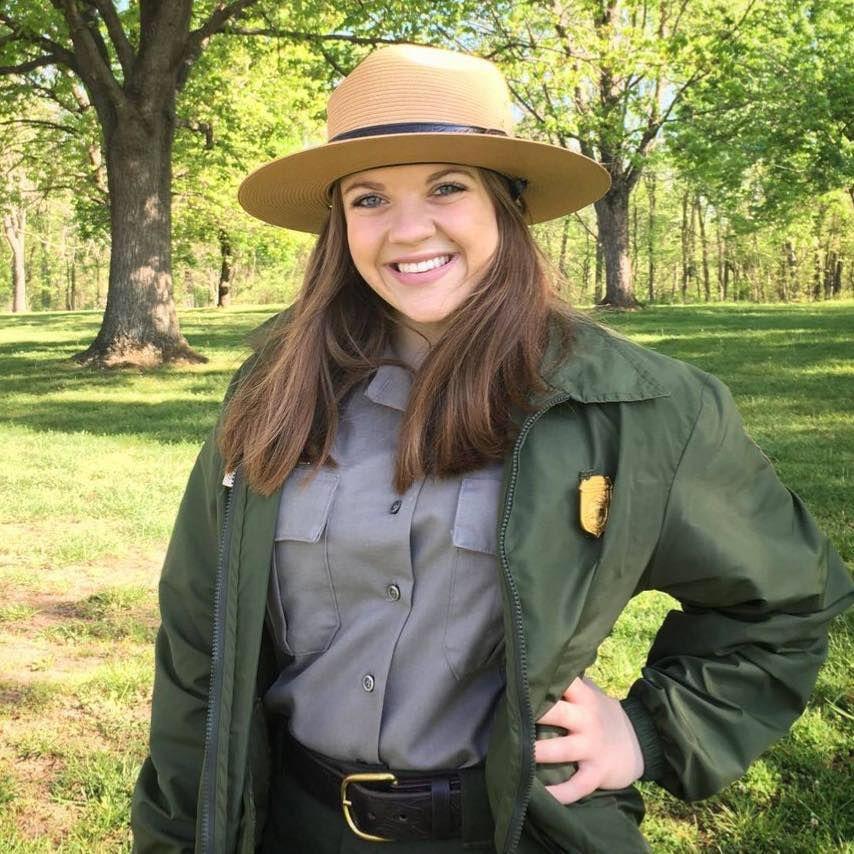Gov. shutdown impacts students, alumni
Ashley Burns
This government shutdown, which began on Dec. 22, 2018, is now the longest in U.S history.
It has been more than a month since President Donald Trump shut down the government in order to push for his $5 billion wall along the US/Mexico border.
Neither the President nor Democrats want to budge, while government workers all over the country are either working without pay or are being furloughed.
As of this week, there has been no sign of resolution or compromise between the two parties.
In previous shutdowns, furloughed workers received backpay once the government re-opened. While practice is expected to continue, some workers in the meantime are scrambling to find a way to pay bills, groceries, and other living expenses.
FAFSA, other affected areas
Financial aid is not in jeopardy. The FAFSA deadline is Feb. 1.
If the shutdown continues to affect the IRS into late February, there could be a delay in processing, but that will not hurt a student’s tuition.
“I think the main thing we are worried about is not that federal aid will be available, but the rate at which it’s processed,” said Dr. Paula Carson, provost/vice president of Academic Affairs. “So far, we have been fortunate in not experiencing any disruption in grant fund payments.”
The shutdown is impacting students in clinicals. An example of this is in relation to students in the dental hygiene program, who use the USDA website MyPlate to recommend diets to patients.
“It is harder to guide patients in our clinicals to adjust their specific diet for their oral health without being able to use MyPlate,” said Amy Belline, junior dental hygiene program student.
Some long-term effects of the shutdown could impact middle and high school students participating in ACT Prep and programs like Upward Bound.
The mission of that program involves getting future first-generation college students excited about higher education.
“ACT is huge,” said Carson. “That can make a difference of tens of thousands of dollars in a person’s schooling. If you’ve never taken a standardized test like that, it can be devastating to not be prepared.”
The impacts of the shutdown range from inconveniences to delays in financial processing. Carson said lingering effects won’t start to make a difference until end of February.
The effects of this shutdown are being felt by students and alumni who work for government agencies.
Patrick Laird, senior history major, and Ashley Burns, 2018 Southern graduate, are two of the 800,000 people across the country who are not getting paid, and two of the 380,000 who are furloughed.
Laird and Burns showed up to their workplace on the first day of the shutdown to fill out a form to let them know they would not be getting paid.
While the president passed a bill that would guarantee backpay to furloughed workers, there is no sign of when the pair will get that paycheck.
Burns is the Park Guide Education Coordinator for the Fort Smith National Historic Site in Fort Smith, Arkansas. She began working for the park in July following her graduation.
Working for a national park was not her original plan. She started out a pre-med student working at LensCrafters with aspirations to become an optometrist. Volunteering at the park was something she had done on the side since she was a child.
“Then I started working for George Washington Carver National Monument my sophomore year,” Burns said. “That’s when things started to click for me.”
Southern has a partnership with George Washington Carver Park National Monument located outside of Diamond. That partnership not only gave Burns her start, but it also gave Laird his position as the Student Trainee Park Guide.
“I used to work at a state park in Delaware and as a history major, interpretation is a large part of the field,” Laird said. “Once I started working in state parks and saw this job open at the park here in town, I thought it would work great going to school and working so close by.”
State parks and national monuments have different policies when it comes to government shutdowns. Carver is completely closed to the public with no one there to oversee it.
Fort Smith has one essential employee to ensure that no damage is done to the park, since people are still able to walk the trails.
“The facilities manager makes sure that the grounds are okay every day–making sure trash is picked up, and nothing has been broken into,” said Burns. “He’s the only one in charge of doing that right now.”
Although Burns will have to dip into her savings soon, she said she loves her job and knew the risks of working as a government employee when she started.
“I’m really lucky to have settled into a great town and a great team,” said Burns. “My supervisor is really supportive. I’ve been welcomed into this little family.”
Laird works part-time at Carver and is not sure he will pursue this path as a career. Until then, however he enjoys his job. His favorite part is the interaction with visitors.
“Whenever you get people who are genuinely interested in all the history and nature, and I can help them out, that’s why I do it,” said Laird.
For those who work at state and national parks, it’s hard to know if there will be any damage to historic buildings or trash lined down the trails.
“There’s a lot of little things that people don’t think about and people that do care about national parks realize the effects,” said Burns, adding she’s tired of listening to the same political banter.
“It’s hard to see both sides at each other’s throats about this whole situation, and I just want to know when I’m going back to work,” said Burns. “I’m just trying to take each day and make the most of it until I go back.”
Your donation will support the student journalists of Missouri Southern State University. Your contribution will allow us to purchase equipment and cover our annual website hosting costs.




















